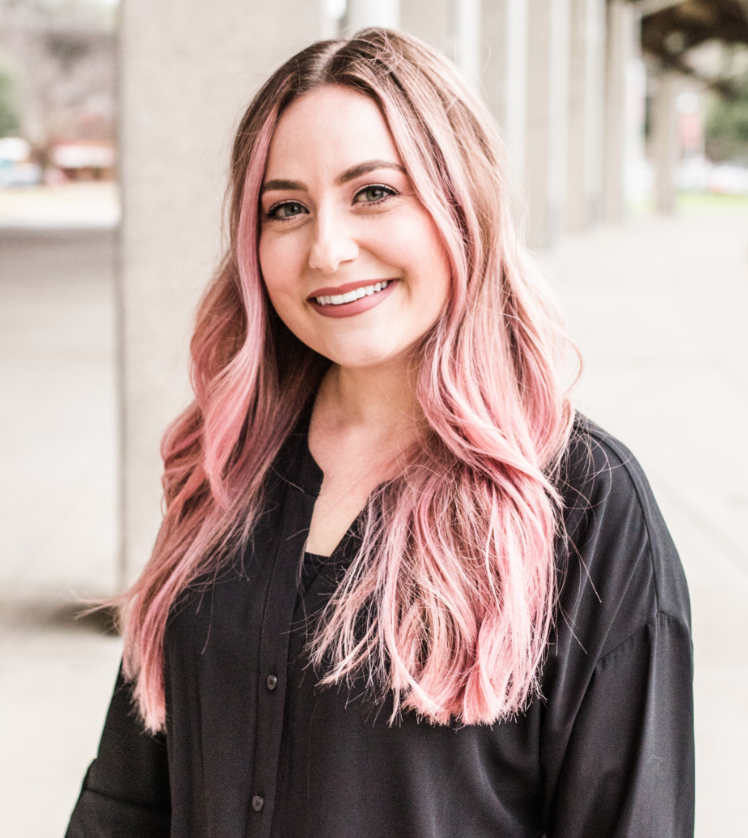- Calls to this hotline are currently being directed to Within Health, Fay or Eating Disorder Solutions
- Representatives are standing by 24/7 to help answer your questions
- All calls are confidential and HIPAA compliant
- There is no obligation or cost to call
- Eating Disorder Hope does not receive any commissions or fees dependent upon which provider you select
- Additional treatment providers are located on our directory or samhsa.gov
Considerations When Seeking Bulimia Treatment During a Holiday

If you or a loved one are thinking about seeking bulimia treatment during a holiday, you may be wondering if the holidays are a good time to enter treatment.
Here are a few considerations:
1. Admissions tend to be low. During the various holiday season, admissions into eating disorder recovery programs tend to be low. This is important to consider, as this may mean that you are able to enter treatment more quickly and that fewer patients will be enrolled in the program you’d be attending.
This has pros and cons, as it can be great for things like individualized care and having the space and time to focus on your recovery (particularly in group therapy). However, it also means that you won’t hear as varied of recovery experiences due to a lack of group diversity.
Also, depending on the treatment center, full-time staff may be away for some of the holidays, so this may result in working with multiple staff members — which, again, can have pros and cons. The benefits may be hearing a variety of prospectives and recovery knowledge. However, the drawback may be feeling like you have to “start over” with building rapport with full-time staff once they return.
2. You can get additional support around the holidays. Holidays are typically a very stressful time for those struggling with bulimia. There are multiple stressors and triggers that are unique to the holidays, including:
- Falling back into old family patterns, regressing to your younger emotional self which can lead to feelings of being powerless and out of control
- Dealing with a loss such as death, separation, divorce, illness, a job, or a recent move
- Difficult feelings of nostalgia and sadness
- Wishing things were different or like they used to be
- Unmindful or mindless eating
- Exposure to fear foods and meals
- Exposure to triggering people or places
- Alcohol and substance use
- Feeling overwhelmed by large crowds or gatherings
- Feeling pressure to make purchases we cannot afford
 By being in treatment during this time, you will have the opportunity to process and get support around these stressors and triggers, which means your risk of using bulimia behaviors to cope will be less. It is also a wonderful opportunity to learn new skills and coping mechanisms to help tolerate these stressors without acting on bulimia urges both now and in the future.
By being in treatment during this time, you will have the opportunity to process and get support around these stressors and triggers, which means your risk of using bulimia behaviors to cope will be less. It is also a wonderful opportunity to learn new skills and coping mechanisms to help tolerate these stressors without acting on bulimia urges both now and in the future.
3. Beyond support – seeking safety. If the various holidays are particularly triggering, it may be crucial that you be in treatment during the holidays so that you not only feel supported in the ways mentioned previously, but also feel safe — emotionally, physically, and psychologically. It’s important to know that you don’t have to go through the holidays alone — eating disorder treatment specialists are there, ready and willing, to help you.
Sources:
Fielder-Jenks, C. (2019) Thrive Counseling & Consulting, PLLC. Holiday Survival Guide. https://thrivecounselingaustin.com/resources/holidaysurvivalguide
About the Author:
 Chelsea Fielder-Jenks is a Licensed Professional Counselor in private practice in Austin, Texas. Chelsea works with individuals, families, and groups primarily from a Cognitive Behavioral Therapy (CBT) and Dialectical Behavior Therapy (DBT) framework.
Chelsea Fielder-Jenks is a Licensed Professional Counselor in private practice in Austin, Texas. Chelsea works with individuals, families, and groups primarily from a Cognitive Behavioral Therapy (CBT) and Dialectical Behavior Therapy (DBT) framework.
She has extensive experience working with adolescents, families, and adults who struggle with eating, substance use, and various co-occurring mental health disorders. You can learn more about Chelsea and her private practice at ThriveCounselingAustin.com.
The opinions and views of our guest contributors are shared to provide a broad perspective on eating disorders. These are not necessarily the views of Eating Disorder Hope, but an effort to offer a discussion of various issues by different concerned individuals.
We at Eating Disorder Hope understand that eating disorders result from a combination of environmental and genetic factors. If you or a loved one are suffering from an eating disorder, please know that there is hope for you, and seek immediate professional help.
Published January 27, 2020, on EatingDisorderHope.com
Reviewed & Approved on January 27, 2020, by Jacquelyn Ekern MS, LPC

The EatingDisorderHope.com editorial team comprises experienced writers, editors, and medical reviewers specializing in eating disorders, treatment, and mental and behavioral health.

